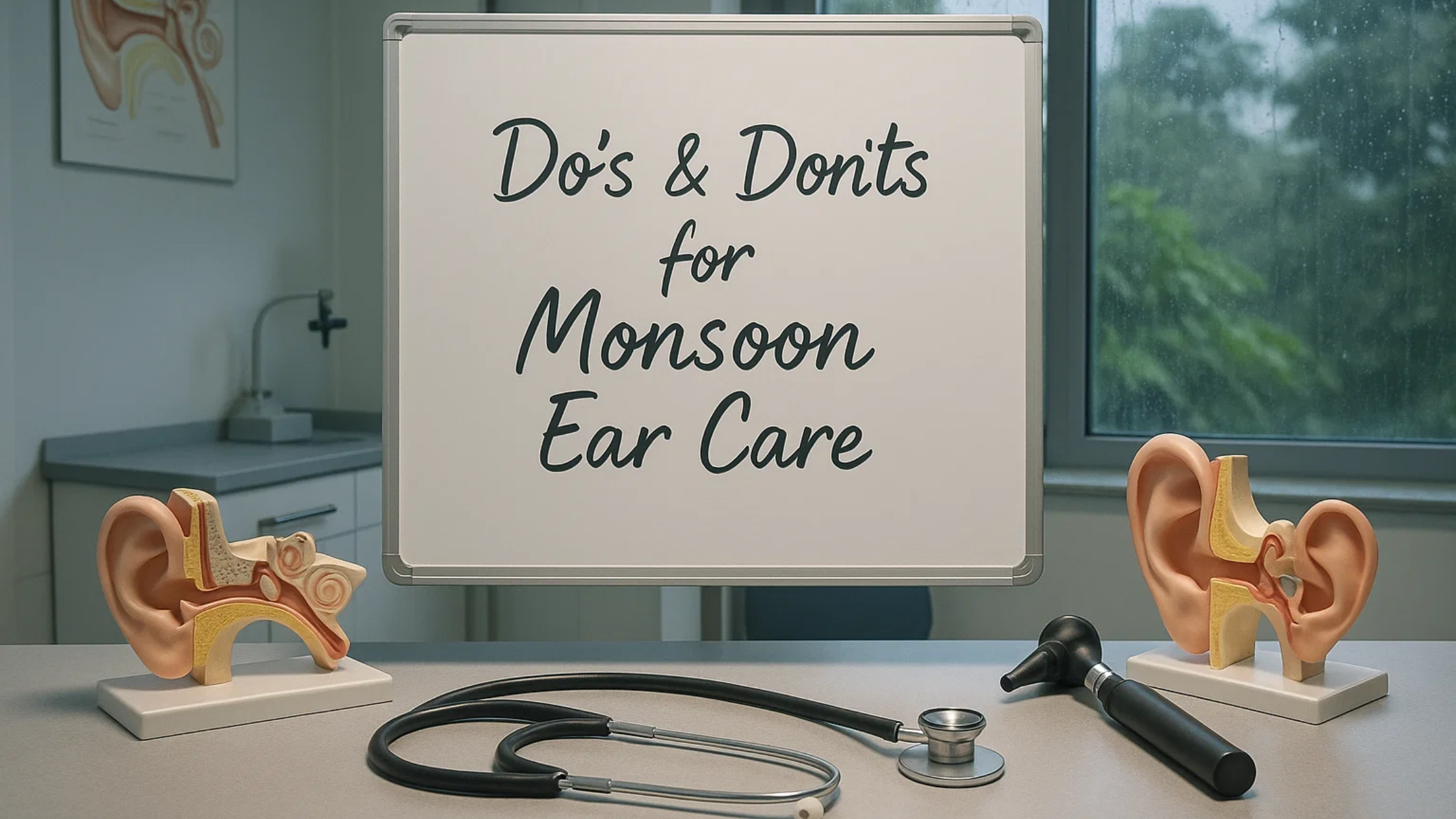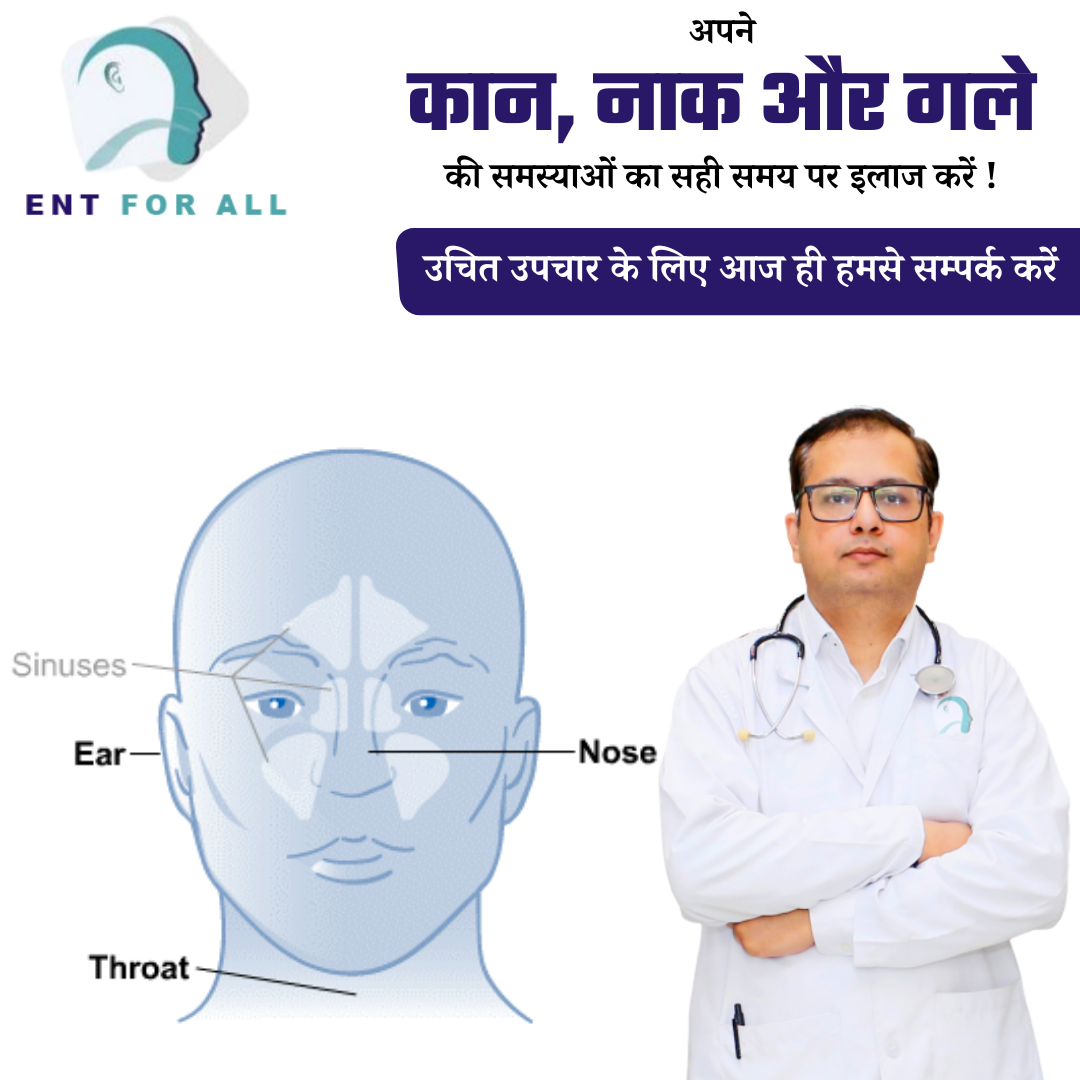1. Why Your Voice Deserves Special Care
For public speakers and singers, the voice isn’t just a tool—it’s a professional identity. Just as athletes rely on their physical fitness, professionals who depend on their voice must protect it to sustain performance. A clear, strong, and healthy voice builds credibility, engages audiences, and creates lasting impressions.
Your voice is your brand—protecting it ensures long-term success.
2. Why Voice Care Matters for Professionals
While everyone uses their voice daily, professionals place extraordinary demands on theirs. Whether addressing a packed auditorium or performing on stage, your voice carries both emotion and authority.
Neglecting voice care can lead to:
- Vocal fatigue after long sessions.
- Hoarseness or throat pain that reduces performance quality.
- Chronic vocal cord issues require medical intervention.
Voice care for professionals isn’t optional—it’s an investment in career longevity.
3. Common Voice Challenges for Public Speakers and Singers
Voice professionals often face recurring challenges such as:
- Vocal fatigue from extended speaking or singing.
- Dryness and hoarseness, especially in air-conditioned or polluted environments.
- Strain caused by stage fright or performance anxiety.
- Overuse in high-pressure settings like conferences, concerts, or campaigns.
Recognizing these challenges early helps prevent long-term damage.
4. Best Voice Care Tips for Public Speakers and Singers
Taking care of your voice is essential to avoid strain and ensure consistent performance. Even small lifestyle changes can protect your vocal health.
Here are the most effective, ENT-recommended voice care tips:
| Tip No. | Voice Care Tip | Details |
|---|---|---|
| 4.1 | Warm-Up and Cool-Down Techniques | Treat your voice like an athlete’s muscle. Begin with gentle humming, lip trills, or light scales before speaking or singing. After performances, practice cool-down exercises to relax your vocal cords. |
| 4.2 | Stay Hydrated & Avoid Vocal Irritants | Hydration keeps vocal folds flexible. Drink plenty of water and herbal teas. Use steam inhalation to soothe dryness. Avoid caffeine, alcohol, and smoking, which irritate the vocal cords. |
| 4.3 | Posture and Breathing for Strong Voice Projection | Practice diaphragmatic breathing—breathing deeply from the abdomen, not the chest. Correct posture improves airflow, enabling stronger and more sustainable voice projection. |
| 4.4 | Use Microphones and Amplification Wisely | Avoid straining to be heard. Use a microphone when addressing large audiences. Learn proper placement and usage to reduce vocal stress. |
| 4.5 | Vocal Rest and Recovery Strategies | Silent recovery periods are essential after heavy voice use. Avoid whispering—it strains the vocal cords more than speaking normally. |
| 4.6 | Diet and Lifestyle Habits That Support Voice Health | Good for voice health: warm liquids, honey, fresh fruits, herbal teas. Avoid: spicy, acidic, and dairy-heavy foods that may cause throat irritation or excess mucus. |
| 4.7 | Recognizing Early Warning Signs of Vocal Strain | If hoarseness lasts beyond two weeks, or if you notice pain, reduced pitch, or loss of clarity, consult an ENT specialist immediately. |
5. Specialized Voice Care for Professionals
Beyond daily care, professionals benefit from specialized voice care strategies:
- Vocal therapy with trained speech therapists.
- Humidifiers for healthy indoor air.
- Regular ENT check-ups to detect and manage conditions like nodules, polyps, or allergies early.
6. Practical Daily Routine for Stronger Voice
Here’s a simple voice care routine:
Before Performance:
- Hydrate well.
- Do light vocal warm-ups.
- Practice diaphragmatic breathing.
After Performance:
- Cool down with gentle humming.
- Drink warm herbal tea or water.
- Rest your voice in silence.
7. When to See an ENT or Voice Specialist
Not all vocal issues resolve with home remedies. Seek professional help if you experience:
- Persistent hoarseness beyond two weeks.
- Difficulty projecting your voice.
- Pain, strain, or frequent throat infections.
- Reduced vocal range or pitch instability.
An ENT specialist can diagnose conditions like vocal nodules, polyps, or acid reflux-related irritation and provide targeted treatments.
8. Conclusion
For public speakers and singers, the voice is more than sound—it’s a career asset. Prioritizing professional voice health ensures not just better performance but also long-term career sustainability. Daily care, lifestyle changes, and timely medical consultation can help prevent serious complications.
If you rely on your voice professionally, don’t wait for problems to escalate. Consult an ENT specialist for personalized voice care guidance and advanced treatment options.
👉 For expert care, Dr. Sushant Joshi, a renowned ENT surgeon, leads ENT FOR ALL, the number one ENT clinic in Rajasthan. From ear, nose, and throat treatments to specialized services like the Voice Clinic in Udaipur, Deafness Clinic, Allergy Clinic, and Nose Allergy Clinic, the team provides complete ENT solutions. Visit ENT FOR ALL, the best ENT hospital in Udaipur, for advanced diagnosis and treatment tailored to your needs.
















